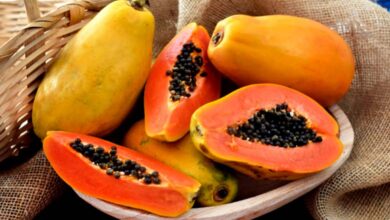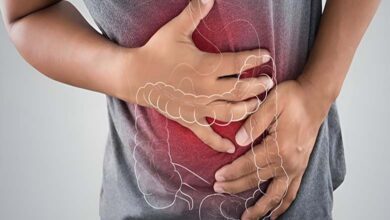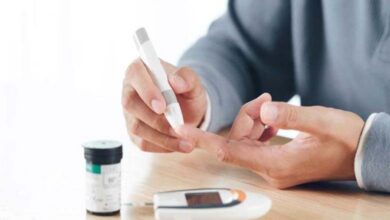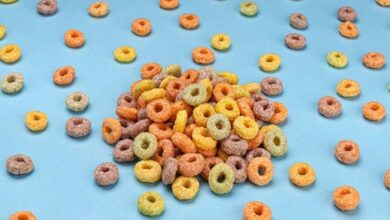What is the link between hot beverages and cancer?

Over the past few decades, the consumption of hot beverages — including tea, coffee, and certain traditional infusions — has sparked considerable scientific debate. While these drinks are often praised for their health benefits, thanks to their antioxidants and metabolism-boosting effects, one key question remains: could the temperature at which they are consumed increase the risk of cancer?
-
Broccoli Juice Trend: Can It Really Prevent Cancer?
-
Shocking Scientific Discovery: The Surprising Strategy Cancer Cells Use to Survive Nutrient Shortages
- Origin of the scientific concern
In 2016, the International Agency for Research on Cancer (IARC), a branch of the World Health Organization (WHO), published a report evaluating hot beverage consumption. According to its findings, drinking liquids at temperatures above 65 °C (149 °F) was classified as “probably carcinogenic to humans.” This classification places hot beverages in Group 2A, meaning they are a probable risk factor.
- The proposed mechanism
The potential danger is not due to the chemical composition of coffee or tea, but rather to the temperature. When very hot liquids come into repeated contact with the esophagus, they can cause:
-
Chemicals in Drinking Water Raise Cancer Risk
-
Fructose under the Microscope: What is its Connection to Cancer?
- Micro-injuries to the mucous lining,
- Chronic inflammation,
- And over time, an increased likelihood of cellular mutations, which may promote the development of esophageal cancer.
- Epidemiological evidence
Research conducted in South America, Asia, and the Middle East revealed that people who regularly consumed extremely hot beverages — such as maté, a traditional tea often drunk at very high temperatures — had a higher risk of esophageal cancer.
It is important to note, however, that the risk is strongly associated with temperature, not the type of beverage itself.
-
Best Foods to Prevent Colorectal Cancer for Generation Z
-
“Calcium Storm”: A Highly Potent Drug against Cancer
- Coffee, tea, and research paradoxes
Coffee has long been suspected of being linked to cancer. Yet more recent studies suggest it may actually provide protective effects against certain types, particularly liver and uterine cancers, thanks to its bioactive compounds (polyphenols, caffeine).
Thus, it is not the drink itself that poses the risk, but rather drinking it while it is excessively hot.
- Practical recommendations
To reduce potential risks, experts recommend:
- Waiting a few minutes before drinking freshly brewed coffee or tea.
- Consuming beverages at around 50–60 °C (122–140 °F), a temperature considered safe and pleasant.
- Paying attention to signs of esophageal irritation, such as burning or discomfort after drinking.
-
A New Innovation Detects Lung Cancer through Breathing
-
This “Affordable” Device Detects Cancer with a Drop of Blood
In conclusion, hot beverages are not inherently carcinogenic. On the contrary, many of them contain compounds that benefit health. The potential problem lies in consuming them at excessively high temperatures, which may damage the esophagus and increase the risk of cancer.
The key takeaway is simple: let your drink cool slightly before enjoying it.












